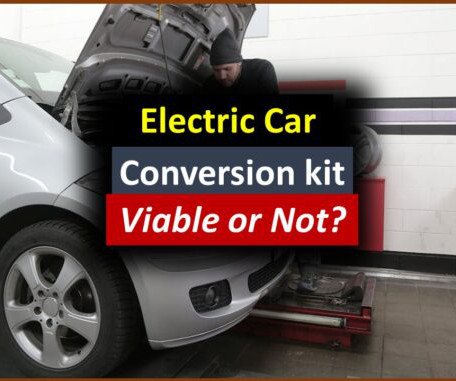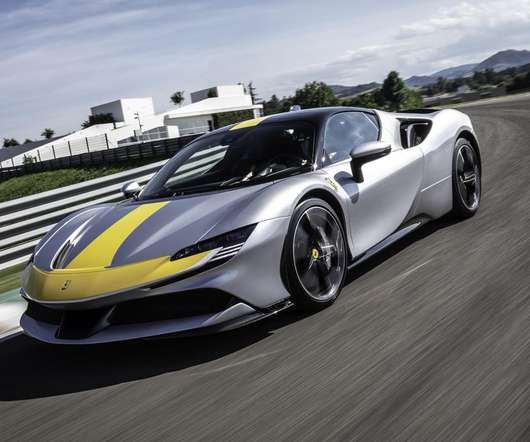Is It Economical to Convert ICE Car to Electric Car Using Conversion Kit
Get Electric Vehicle
AUGUST 29, 2023
converting existing internal combustion engine (ICE) cars into electric vehicles using conversion kits. You may make use of electric power without buying a new automobile by converting your current vehicle to an electric one. Let us weigh the costs, benefits, and considerations associated with emerging trends.












Let's personalize your content